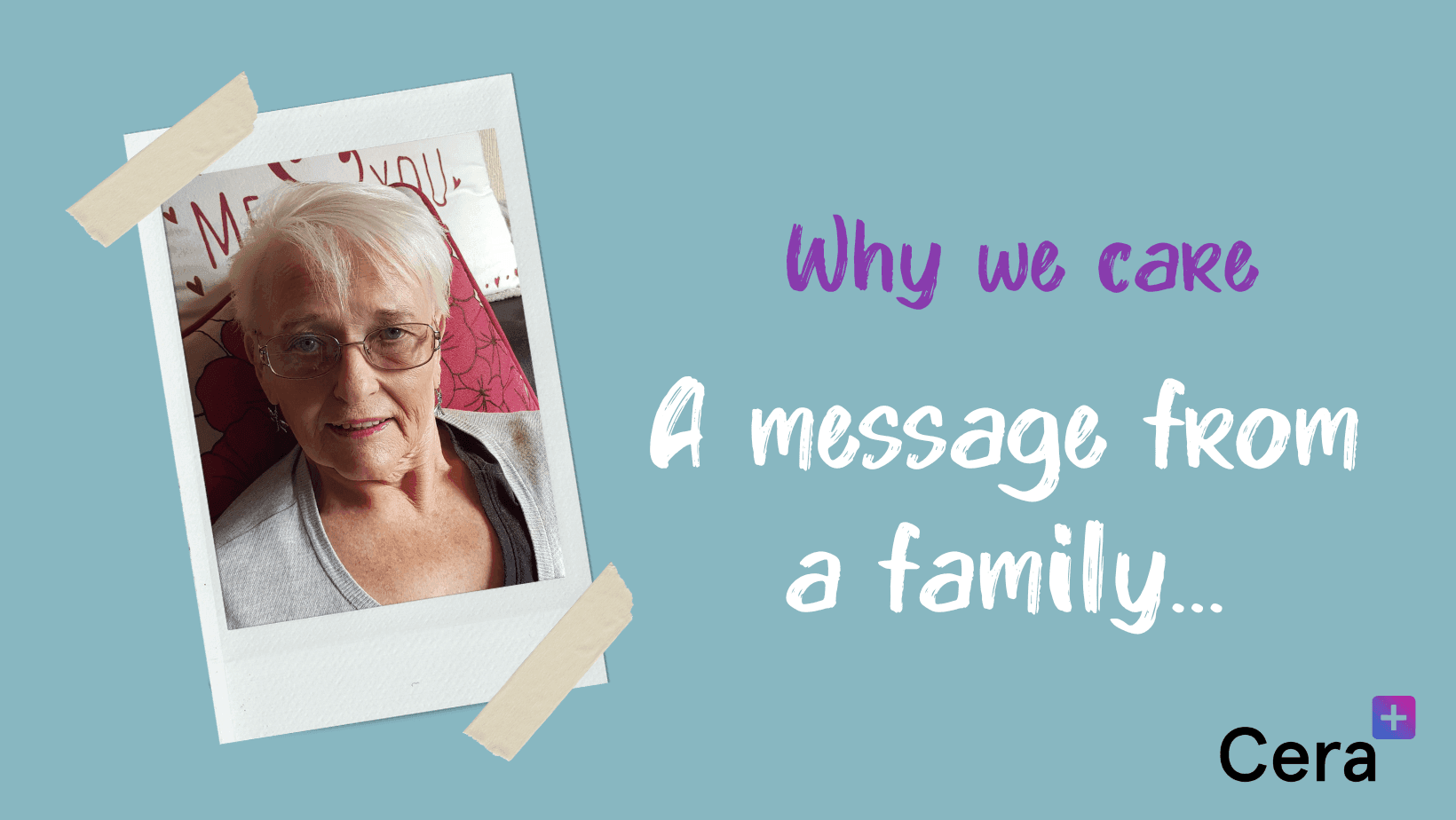What is Live in Care?
There are a few different types of carers in the social care sector. Such as Community Care Assistants, Support Workers, Healthcare Assistants and Complex Care roles. In this blog, we discuss the responsibilities of a Live-in Carer.
What is live-in care?
Live in Carers provide care, alongside practical and emotional support, in a service user’s own home. Doing so enables the client to maintain their independence for as long as possible. Live-in care can be appropriate for many reasons. Some may include those who are in need of respite care, short term care after discharge from the hospital and complex care with specialist conditions such as dementia.
While the carer lives with the service user, they are able to establish a routine and lifestyle whilst receiving one to one, twenty-four-hour care, seven days a week.
What traits would make for a great Live in Carer?
Much like the skills and personality traits of both a Care Assistant and Support Worker, a Live-in Carer should be:
- Willing to learn and always ready to continuously better their service
- Caring and patient
- Confident communicating with different people and personalities
- Open to flexible working arrangements, including living away from home for periods of time
- Friendly and happy to provide companionship
Responsibilities of a live-in carer
Service users that require a live-in Carer will have a diverse range of needs, personalities and lifestyles and it’s important that they are the right fit for each other.
Key responsibilities may include:
- Supporting all aspects of personal hygiene
- Aiding with all aspects of medication administration
- Meal preparation
- Helping service users move around their home
- Providing a listening ear and emotional support
- Ensuring administration and reporting is carried out for each individual under their care
Dependency needs normally dictate the level of care that will be provided. For example, one service user may go to bed early and sleep through the night, whereas another may require twenty-four-hour, around the clock care with breaks scheduled with family cover.
This is all factored into what the carer will earn and therefore working hours agreed by package.
Why Choose Live-in Care?
With the help of a Live-in Carer, service user’s are able to choose to stay in their own home. Other benefits of live-in-care can include:
- Avoiding unnecessary change
- Staying in an environment that is familiar and comfortable
- Having round-the-clock companionship
- Receiving highly personalised care plans
Live-in care also means that individuals are able to stay with partners and pets which can have a positive impact on their mental wellbeing as well as being able to receive visits from family and friends as often as they like.
Jessie, a Cera Live in Carer.
We caught up with Jessie who has been a Live-in Carer for three years. Jessie spoke about how it was very important that you got on well with your service user as you obviously spend a lot of time in their company.
Looking after a lady with dementia, Jessie said that the more she got to know her the more they both relaxed.
They spend time together doing her favourite hobbies which include word searches, colouring and reading. On her breaks, Jessie likes to go for long walks.
Jessie mentioned a challenging part of her job is missing her home but she knew what she was getting into before she applied for the job and enjoys it thoroughly.
More about working in care

Nutrition and Hydration - Essential Care for the Elderly
Good nutrition and hydration is vital for everyone, and it's especially important for elderly individuals.
Why we care - a message from a family
A family's note of thanks to the carers who provided comfort, dignity, and peace during their gran's final days.